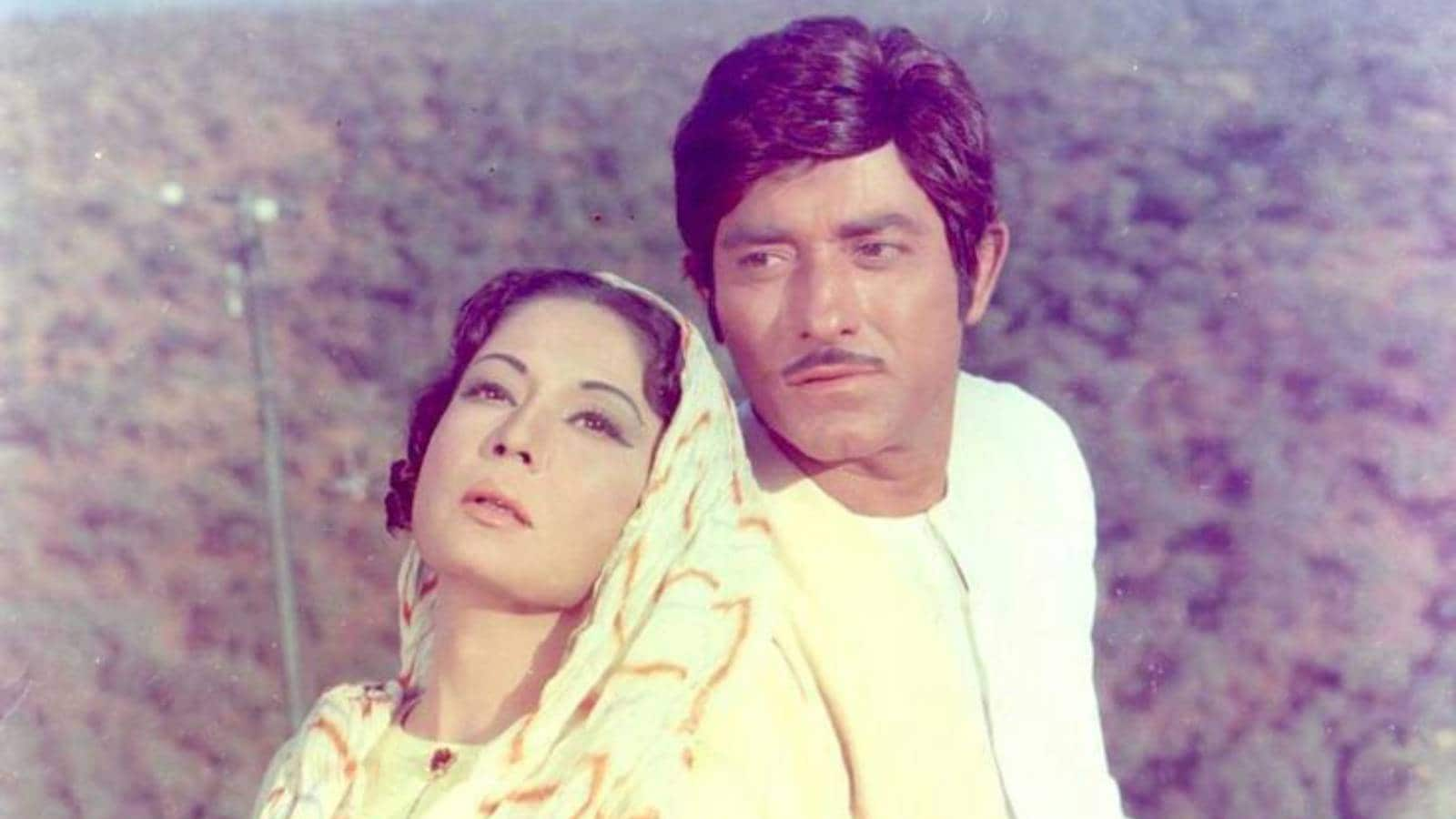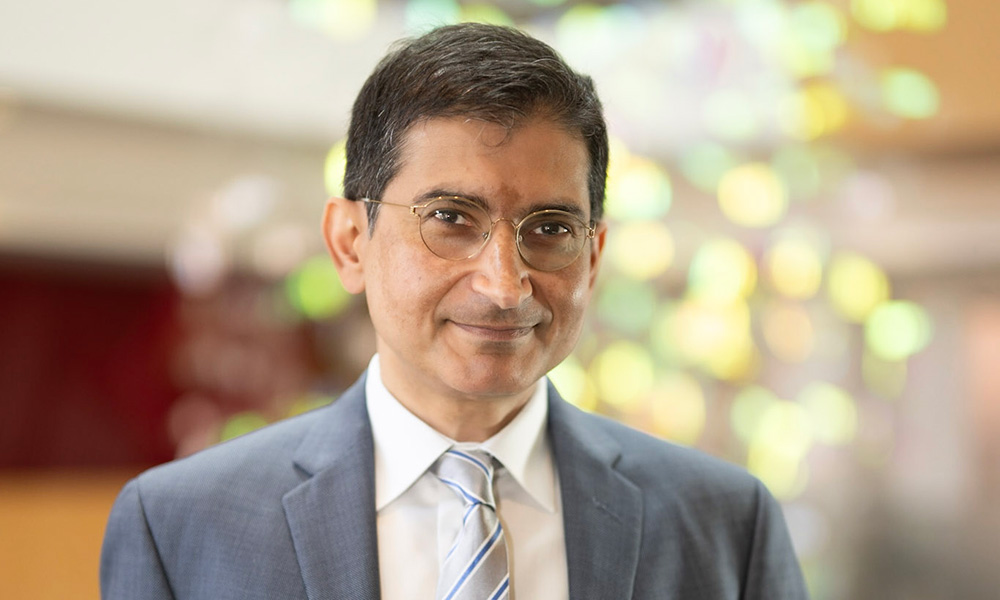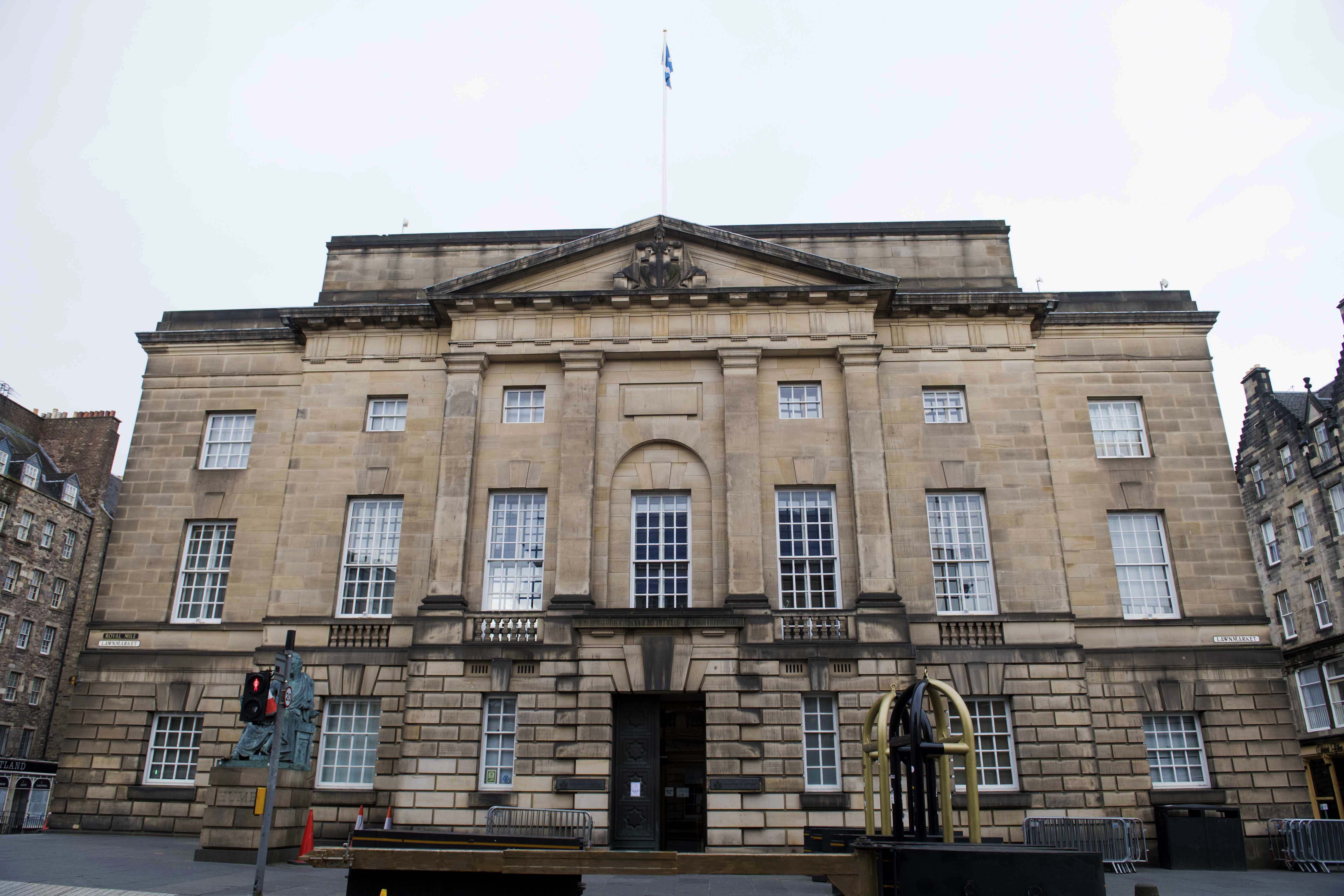Copyright news18

In the annals of Indian cinema, few stories are as poignant and heartbreaking as that of Ghulam Mohammed, a music director whose compositions continue to echo through generations, even as his own life was marked by struggle, obscurity, and unfulfilled recognition. (Image: Facebook) Born in 1905 in Naal village, Bikaner, Ghulam Mohammed inherited a rich musical legacy from his father, Nabi Baksh, a renowned tabla player. Trained in traditional instruments like the dholak, tabla, and pakhawaj, he began his journey as a traveling musician. His talent was so striking that a minister in Junagadh once gifted him a gilded sword in admiration. (Image: Instagram) In 1924, Ghulam moved to Bombay to chase his dream of composing for films. It took eight years of relentless effort before he earned his first break as a tabla player in Raja Bharthari (1932), drawing a modest salary of Rs 100 per month. He spent over a decade assisting legendary composer Naushad, absorbing the nuances of film music before making his independent debut with Tiger Queen in 1947. (Image: Instagram) Despite his evident talent, mainstream success remained elusive. He composed for films like Pardes, Ajeeb Ladki, Amber, and Dil-E-Nadaan, crafting melodies that were critically appreciated but commercially overlooked. Songs like “Jiya Laage Nahin Mora” and “Raat Hai Taaron Bhari” showcased his lyrical depth, yet financial hardship continued to shadow his career. (Image: Facebook) His moment of glory arrived in 1954 when he won the National Film Award for Best Music Direction for Mirza Ghalib, a biopic on the legendary Urdu poet. The film’s ghazals, “Dil-E-Nadan Tujhe,” “Phir Mujhe Deeda-E-Tar,” and “Aah Ko Chahiye Ek Umar”, were hailed as masterpieces. Even Prime Minister Jawaharlal Nehru praised the music, calling it a fitting tribute to Ghalib’s legacy. Yet, the acclaim did little to change Ghulam Mohammed’s fortunes. By 1956, work had dried up, and he composed for only one film over the next several years. (Image: X) In 1962, filmmaker Kamal Amrohi approached Ghulam Mohammed to compose music for Pakeezah, starring Meena Kumari. Ghulam poured his soul into the project, crafting so many songs that Amrohi had to cut three from the final edit. But the film’s release was delayed due to personal and professional tensions between Amrohi and Kumari. (Image: Instagram) During this prolonged wait, Ghulam Mohammed’s health deteriorated. He passed away in 1968, never witnessing the release of Pakeezah in 1972. After his death, Naushad stepped in to complete the film’s background score, a final act of friendship and respect. (Image: IMDb) Pakeezah became a musical landmark, with songs like “Inhin Logon Ne,” “Thade Rahiyo,” “Chalte Chalte,” “Mausam Hai Aashiqana,” “Teer-E-Nazar,” and “Najariya Ki Maari” etched into cinematic history. Yet, the man behind these melodies remained largely forgotten. (Image: YouTube/Screegrab)



